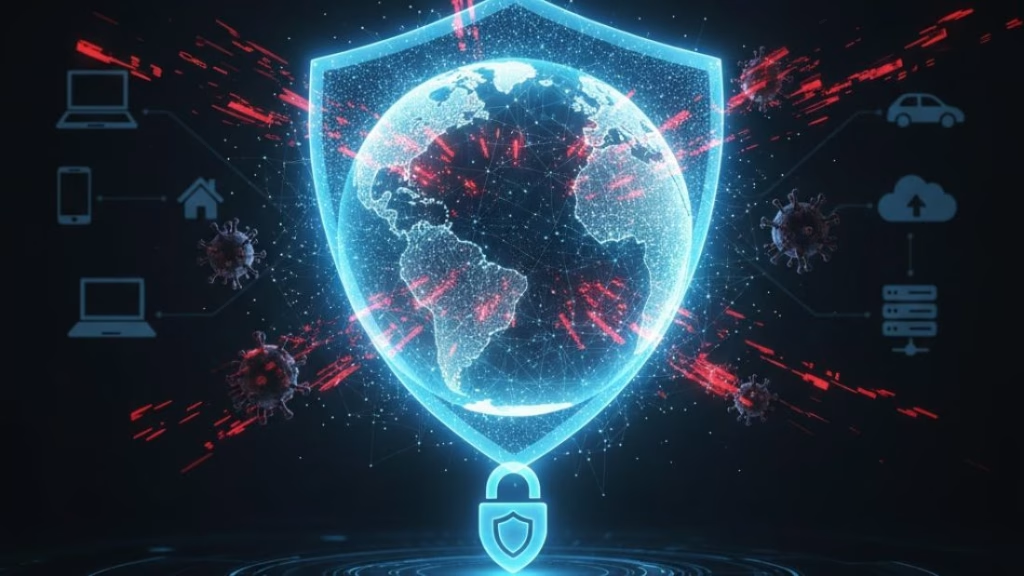
In today’s hyper-connected digital era, cybersecurity is no longer just a technical requirement—it is a necessity for every individual, business, and government. As we rely more on the internet for daily activities like online banking, cloud storage, social media, and smart devices, our exposure to cyber threats grows dramatically. This digital dependency has made cybersecurity one of the most critical issues of our time.
Growing Connectivity, Growing Risks
The rise of smartphones, IoT (Internet of Things) devices, cloud platforms, and remote work has created more entry points for cybercriminals. Each device connected to the internet becomes a potential target. From smart home systems and Wi-Fi cameras to office laptops and servers, attackers use any weak link to access personal or business data.
Cyberattacks are also increasing in both frequency and sophistication. Ransomware attacks, phishing emails, data breaches, and identity theft have become common. According to recent global reports, cybercrime costs businesses billions of dollars every year, and this number continues to rise. This makes cybersecurity not just a technical issue but a major financial and reputational risk.
Cybersecurity Protects Your Personal Information
Every time we log in, share files, or browse the internet, we leave behind traces of personal information. Without proper protection, cybercriminals can steal passwords, credit card numbers, photos, addresses, or even full identities. This information can be used for fraud, blackmail, or illegal activities.
Strong cybersecurity practices—such as using secure passwords, enabling two-factor authentication, and avoiding suspicious links—play a major role in defending personal privacy. In a world where data is the new currency, protecting personal information is essential.
Businesses Face Bigger Threats Than Ever
For businesses, the consequences of a cyberattack can be devastating. A single security breach can lead to financial loss, legal problems, damaged reputation, and loss of customer trust. Hackers often target companies for valuable data such as customer information, financial records, and intellectual property.
Many businesses are now embracing cybersecurity frameworks, zero-trust policies, and regular security audits to protect themselves. With more employees working remotely, companies must secure laptops, cloud platforms, and internal networks to prevent unauthorized access.
Cybersecurity Supports National Security
Cybersecurity is not limited to individuals and businesses—it also plays a critical role in national security. Governments rely on digital systems for communication, defense, healthcare, and public services. Cyberattacks on power grids, transportation, hospitals, or military networks can cause massive disruptions.
Countries around the world are investing heavily in cybersecurity infrastructure to protect critical systems and strengthen digital defenses.
How to Stay Safe in a Connected World
Even simple steps can drastically reduce risks:
- Use strong, unique passwords
- Enable two-factor authentication
- Keep devices and software updated
- Avoid clicking suspicious links or downloads
- Install trusted antivirus and security tools
- Regularly back up important data
As our world becomes more connected, cybersecurity becomes more essential. Protecting personal data, securing business systems, and strengthening national defenses all depend on strong cyber practices. Investing in cybersecurity is no longer optional—it is a vital part of living safely in a digital world.
